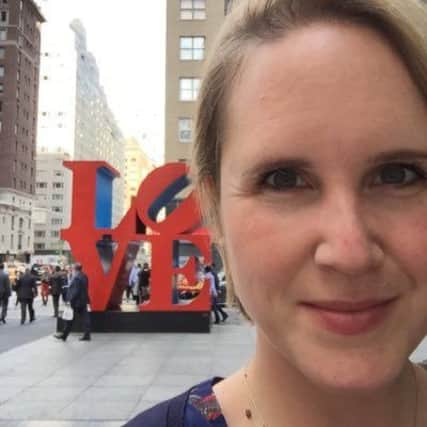Fewer than two full-time nurses for Northamptonshire's 1,000 MS patients is '˜unsustainable'


The MS Trust says the statistic means people with the condition feel they are receiving a second class service, as many don’t have access to any kind of specialist health professional. The charity added that many nurses had “unsustainable caseloads”.
Rebecca Huxtable, aged 34, from Weston Favell, has recurrent bouts of MS that can make her so fatigued she cannot lift her arm to dry her hair or, sometimes, even open her eyes.
She said: “I’d describe the nurses as a lifeline,
Advertisement
Hide AdAdvertisement
Hide Ad“When you need experts to tell you what to do when you’re unable to walk or talk or see they are always there.
“But there’s absolutely not enough of them.”
Mrs Huxtable said the MS nurses have such a backlog of cases that medical notes submitted more than eight month have yet to be typed up.
And, with each patient needing the services up to once a fortnight, they are constantly rushed off their feet.
Mrs Huxtable said that the result of having so few MS nurses was inappropriate visits to GP surgeries and A&E departments, which are already over-run,
Advertisement
Hide AdAdvertisement
Hide AdShe said: “For a start it’s quite scary to be in A&E when you can’t talk and can’t tell people what’s wrong.
“But it’s also wrong because we shouldn’t be using those services when we could be getting expert help.”
Multiple sclerosis is a neurological condition that affects the nerves in the brain and spinal cord.
The charity says it is worried that 12 per cent of people with progressive MS - where symptoms get gradually worse - have not seen any kind of specialist health professional in the last year.
Advertisement
Hide AdAdvertisement
Hide AdAmy Bowen, of the MS Trust, said: “These findings demonstrate the urgent need for new thinking on ensuring equity in MS services. We need to assess the challenges facing MS teams, and develop new ways of delivering services that work for everyone living with MS, no matter what type of the disease they have.”